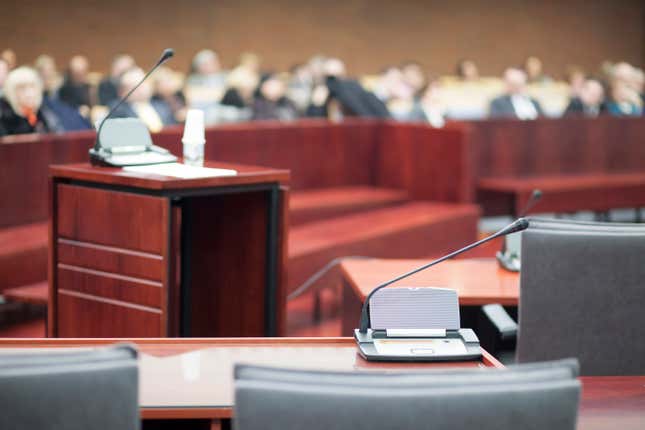
In 1971, when Wilbert Jones was just 19 years old, he was arrested and charged with kidnapping a nurse at gunpoint from the parking lot of a hospital in Baton Rouge, La., and raping her behind a building.
As previously reported by The Root, the state’s case against Jones relied heavily on the testimony and description provided by the nurse—a description that did not fit Jones, but rather another man who was arrested but never charged in a similar case 27 days later.
After being wrongly incarcerated for nearly 46 years, Jones’ conviction was overturned in 2017, and he became a free man at 65 years old.
On Wednesday, Jones stood next to Louisiana Gov. John Bel Edwards as he signed a new law that will allow experts to give testimony during criminal trials about the flaws with eyewitness testimony and the science behind those flaws.
The idea behind the law is to help prevent wrongful convictions based on eyewitness testimony. Forty-eight states already have similar laws on the books, and the federal court system already permits expert testimony on the subject.
In a statement released to The Root, Innocence Project New Orleans (IPNO) wrote “Eyewitness mistakes are a leading cause of wrongful convictions. Fifteen out of 16 DNA exoneration cases in Louisiana involved mistaken eyewitness identifications. Two of these men were sentenced to death before DNA evidence proved their innocence. Additionally, in 13 non-DNA exoneration cases in Louisiana, innocent men were sentenced to life in prison without parole due to mistaken eyewitness identification.”
In Jones’ case, IPNO notes that the victim repeatedly told investigators that she was not 100 percent sure Jones was the person who raped her, but he was convicted based on her testimony, anyway.
“This law is so important. If an expert could have educated my jury, I may not have been wrongly convicted. This law will help prevent other innocent people from experiencing what happened to me,” Jones said in the statement.
As Kia Hall Hayes, a staff attorney at Innocence Project New Orleans explained in the statement, “Eyewitness mistakes can be prevented. Science has shown us that our commonly held understanding of how humans perceive and remember traumatic events is incorrect. Expert testimony will equip jurors with accurate information to assess the reliability of an eyewitness identification.”
A 2014 comprehensive report released by the National Academy of Sciences studied eyewitness memory and perception and recommended that judges be given the discretion to allow experts to testify on eyewitness identification in order to help jurors understand the factors that could impact the accuracy of eyewitness testimony.
The bill was sponsored by state Rep. Jimmy Harris (D-New Orleans) who said in a statement that the law is a “step in the right direction” to “better protect the innocent” in Louisiana, a state which leads the nation in the number of exonerations per capita.
Jee Park, executive director at Innocence Project New Orleans, said in a statement to The Root “Wrongful conviction cases, together with over 40 years of scientific research, show us that eyewitness identification is fallible, and yet it is so convincing that, when it is wrong, it poses a serious risk of convicting the innocent.”
This new law should go a long way in helping to correct that.